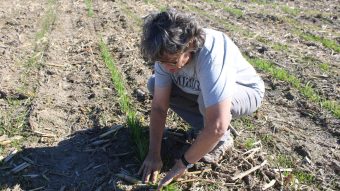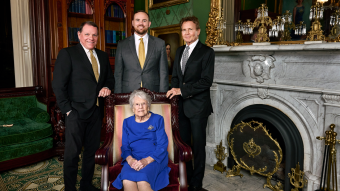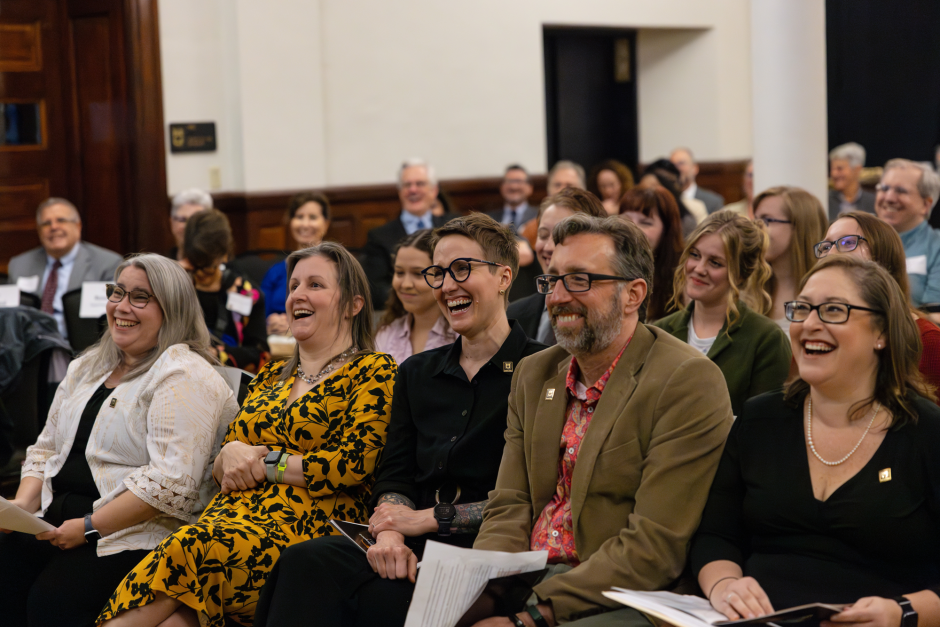
Editor's note: This story was updated May 1, 2025, to include videos on the individual profile pages for each award recipient
Originally published March 18, 2025
Each year, five outstanding teachers at the University of Missouri are selected as recipients of the prestigious William T. Kemper Fellowship for Teaching Excellence. This peer-nominated award includes a $15,000 stipend. This week and next, university administrators and executives from Commerce Bank will surprise the honorees.
The William T. Kemper Fellowships for Teaching Excellence were established in 1991 with a $500,000 gift. Kemper, a 1926 Mizzou graduate, was a well-known civic leader in Kansas City until his death in 1989. His 52-year career in banking included top positions at banks in Missouri, Kansas and Oklahoma. Commerce Bank manages the trust fund.
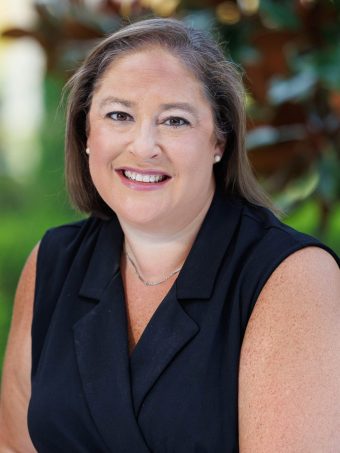
Amy Simons
Amy Simons is a professor in the Missouri School of Journalism. She came to Mizzou in 2010, determined to use her 15 years of newsroom experience to prepare the next generation of journalists and communicators.
And she’s done just that — fully embracing the Missouri Method, a hands-on learning style that ensure students experience journalism firsthand.
“In both theoretical and hands-on courses, my students regularly apply the concepts presented in lectures and discussion,” she wrote of her teaching philosophy. “I believe that as an educator, it is my responsibility to guide students through those experiences, transmitting information acquired during my decades in newsrooms and classrooms, to ask students to consider multiple perspectives and arrive at their own conclusions through critical thinking.”
And that approach has paid off as she’s helped nearly a generation of students prepare for successful careers.
“Every newsroom needs an Amy Simons.” alumnus Charles Minshew, now a data editor at The Atlanta Journal-Constitution, wrote in a letter of support. “And in a sense, the University of Missouri is making it possible.”
Amy Simons’ full biography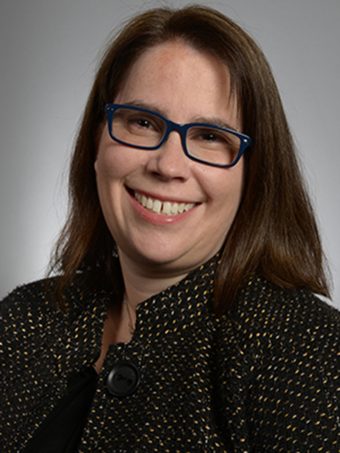
Pamela Brown
Pamela Brown is an associate professor of biological sciences in the College of Arts and Science. Since joining Mizzou in 2013, she has been on a mission to help students see the real-world impact of science — no matter their career path.
She encourages students to find their own connections to biology, making coursework feel relevant and empowering.
“My goal is to help students realize that science courses can do so
much,” she wrote of her teaching philosophy. “Scientific literacy is more important than ever as students are challenged to make decisions in a world increasingly influenced by biotechnology.”
One student, in a letter supporting the nomination, wrote that Brown helped boost her confidence as a non-science major and encouraged her to explore new opportunities. Another, a graduate student, praised her for her unwavering support, deep expertise and exceptional mentorship.
Beyond the classroom, Brown has been a driving force for STEM education. As a Faculty Fellow for STEM in the Honors College, she piloted an innovative introduction to STEM research course designed to spark curiosity and prepare freshmen in the Honors College to pursue discovery. Brown also has appointments in the College of Veterinary Medicine and the School of Medicine.
Pamela Brown’s full biography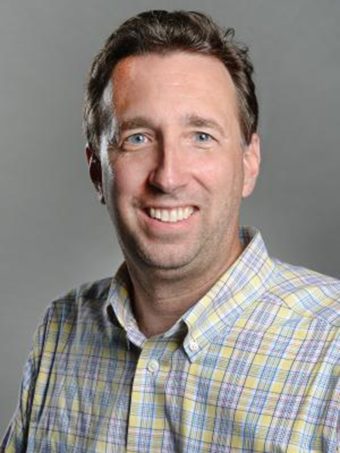
Dennis K. Miller
Dennis K. Miller is an associate professor of psychology sciences in the College of Arts and Science. Over the past five years, he’s taught more than 8,000 students in a general psychology course, making a point to personally connect with every student.
“As an instructor, I hope I start each class meeting with a positive and excited attitude about learning,” Miller wrote in his teaching philosophy. “Although I work with many students, I strive to provide some form of encouragement or positive feedback to every student at least weekly.”
And students notice.
“Dr. Miller is perhaps one of, if not the most approachable professors I have had the opportunity to learn from,” a student wrote in a letter supporting the nomination. “I have no doubt that Dr. Miller’s ability to get to know his students fosters a warm and engaging learning environment for his students.”
Miller’s teaching style emphasizes curiosity, growth and the power of psychological science to improve lives.
Beyond the classroom, he serves as associate chair for curriculum, instruction, and advising, as well as coordinating the online undergraduate degree program in the Department of Psychological Sciences.
Dennis K. Miller's full biography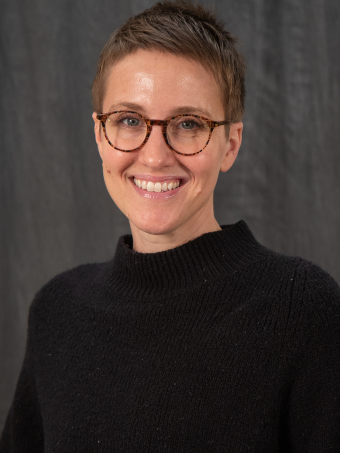
Tamara Hancock
Tamara Hancock is an assistant teaching professor in the College of Veterinary Medicine and a clinical pathologist in the Veterinary Medical Diagnostic Laboratory.
And students overwhelmingly agree she is the definition of teaching excellence. In letters supporting her nomination, members of the classes of 2025 and 2026 agreed she guides them through complex coursework and hands-on clinical training while ensuring their voices are heard and valued.
Hancock’s teaching style is rooted in the belief that deep, meaningful learning happens best through social interactions, intrinsic motivation and emotional connection. That’s why she designs courses that are relevant, engaging and meaningful.
“In the broadest sense, my instructional goals are to help people reach their goals and support their professional identity development,” she wrote of her teaching philosophy. “In some instances, this is to help them be successful in my course(s). This success requires that learners develop and refine their knowledge, skills and confidence in diagnostic reasoning and microscopy.”
Tamara Hancock’s full biography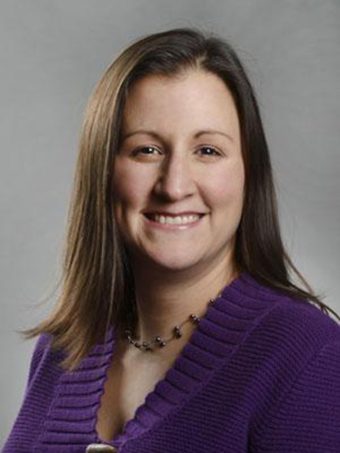
Julie Passanante Elman
Julie Passanante Elman is an associate professor of women’s and gender studies in the College of Arts and Science. She’s known for being a fierce advocate for students, ensuring they have space to grow, explore and succeed.
Her teaching philosophy stresses that teaching and learning involves acknowledging and accommodating individual needs.
“I believe students are better positioned to claim their educations when they are supported in ways that help them flourish rather than simply cope,” she wrote. “Inviting students to claim their education is the first step in guiding them toward thoughtful and engaged cultural citizenship and the lifelong learning such citizenship entails.”
And that philosophy has had a life-long impact on many students, including Abigail Ruhman, BA, BJ ’22. In a letter supporting the nomination, Ruhman wrote: “In the space of one semester, Professor Elman fostered in me an excitement for learning. Every moment of success I experienced in college and since is linked back to Professor Elman’s instruction in some way.”
Elman is the inaugural director of the Center for the Humanities and inaugural director of the health humanities program.
Julie Passanante Elman's full biography